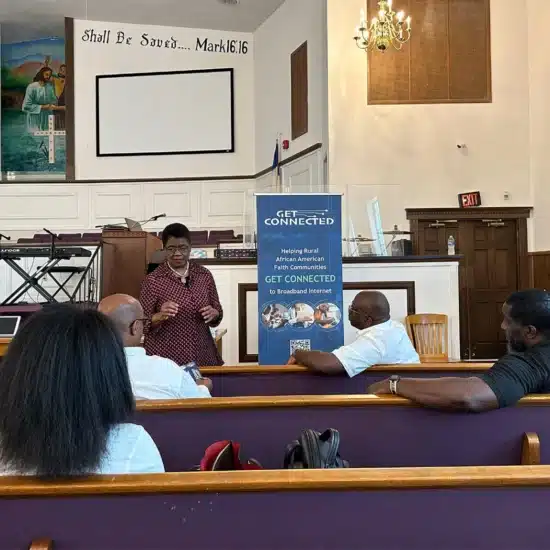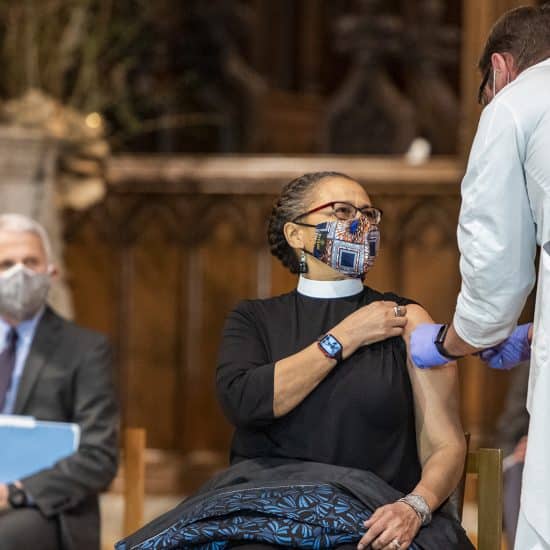Regardless of the method or process used to start them, all new church plants have one thing in common—the need for money.
Sometimes a church planter will raise enough money through individual donations or start with a handful of people who are able to contribute enough financially to meet start-up needs.
Some Christian organizations and networks offer loans, partial funding or help in finding sponsors or ministry partners. For example, the Acts 29 Network helps connect church planters with churches or individuals who want to assist financially.
But for Baptists, many new starts rely on denominational resources, either through partner churches, the local association or the state convention. Some, such as the Baptist General Association of Virginia, provide salary assistance for a determined period. Others help with resource costs, such as Sunday school or other training literature or music. Some offer low-cost loans or other assistance for facilities.
Build in giving
Some organizations and denominational entities are building a “giving gene” into their new work’s DNA as they help start the congregation.
The Cooperative Baptist Fellowship trusts the new church to develop as an affiliate from the beginning. “We enter into (a) covenant asking the church to support CBF missions and to work within the mission and vision of the Fellowship,” Coordinator for Congregational Formation Bo Prosser explained. “We try to instill the CBF DNA, our core values, into the new work from the very beginning.”
Virginia Baptists offer several types of grants to new starts, but it primarily takes a 50-50 matching approach. The church is required to help fund itself through member contributions and/or other partners. As the church becomes self-supporting, the state body can use funds for other new work, and the new church is encouraged to help start another.
“We are looking for multiplication,” Wayne Faison of the Baptist General Association of Virginia noted.
The Baptist General Convention of Texas requires the new work to give to the Cooperative Program. “We teach percentage giving,” explained Paul Atkinson, Texas Baptists’ director of church starting.
The BGCT usually receives what it invests in a new church launch, except some language or other targeted work, within three years. “It’s kind of like teaching tithing to a child. When he’s older and has a career, he’s still giving 10 percent,” Atkinson said.
According to its facts page, the Acts 29 Network asks each affiliated new congregation to give 10 percent of its general tithes and offerings to other church planting efforts. Instead of sending the money to the Acts 29 Network, churches are asked to use the funds to assist one or more church planters.
The covenant that each church planter must sign encourages new congregations to designate 1 percent of the tithe to the Acts 29 Foundation to be used to expand the network. All giving is voluntary.
Accountability
What happens if a new work accepts money from an entity and then breaks the partnership? The answer depends on how the partnership is established and the relationships developed.
The BGAV requires a church that received grant funds or some other types of resources, such as equipment, to return the money or to make restitution. The BGCT requires any loans to be paid back. The CBF has not faced the issue, Prosser said.
But leaders with all three organizations emphasized building and maintaining strong relationships increases the chances of a new church’s continued affiliation and long-term success.
The BGCT has personnel in the field to meet with and assist church planters. “Proximity leads to contact, which leads to relationship, which leads to partnership, which leads to future funding,” Atkinson said.
Prosser pointed out that regardless of the degree to which CBF assists a new plant, the autonomy of the local church is respected.
“Church planting is kingdom of God work, not a growth campaign,” he said. “We are about facilitating the new work to grow and develop…. We don’t plant a church and then ignore it. We encourage the church planters, … resource the new work, … and mentor and coach the leaders.”
Virginia Baptist leaders first ask themselves: If we take the money off the table, what do we have to offer? “We start with the relationship first,” Faison said. “We establish the relationship before talking about funding.”






